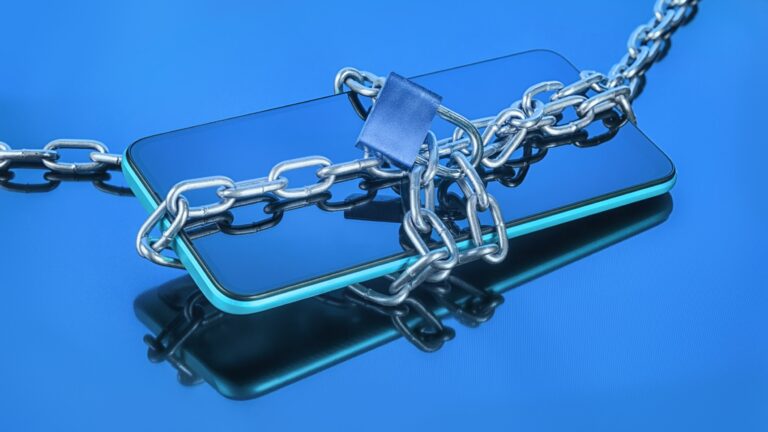
AT&T enables unlocking of paid-off phones after 60 days for postpaid users and after six months for prepaid users. AT&T lodged similar complaints as T-Mobile, saying in an October 7 filing that the FCC’s proposed rules would “mak[e] handsets less affordable for consumers, especially those in low-income households,” and “exacerbate handset arbitrage, fraud, and trafficking. “
AT&T told the FCC that “requiring providers to unlock handsets before they are paid-off would ultimately harm consumers by creating upward pressure on handset prices and disincentives to finance handsets on flexible terms.” If the FCC implements any rules, it should maintain “existing contractual arrangements between customers and providers, ensure that providers have at least 180 days to detect fraud before unlocking a device, and include at least a 24-month period for providers to implement any new rules,” AT&T said.
Verizon, which already faces unlocking rules because of requirements imposed on spectrum licenses it owns, automatically unlocks phones after 60 days for prepaid and postpaid users. Among the three major carriers, Verizon is the most amenable to the FCC’s new rules.
Consumer groups: Make Verizon rules industry-wide
An October 18 filing supporting a strict unlocking rule was submitted by numerous consumer advocacy groups including Public Knowledge, New America’s Open Technology Institute, Consumer Reports, the National Consumers League, the National Consumer Law Center, and the National Digital Inclusion Alliance.
“Wireless users are subject to unnecessary restrictions in the form of locked devices, which tie them to their service providers even when better options may be available. Handset locking practices limit consumer freedom and lessen competition by creating an artificial technological barrier to switching providers,” the groups said.